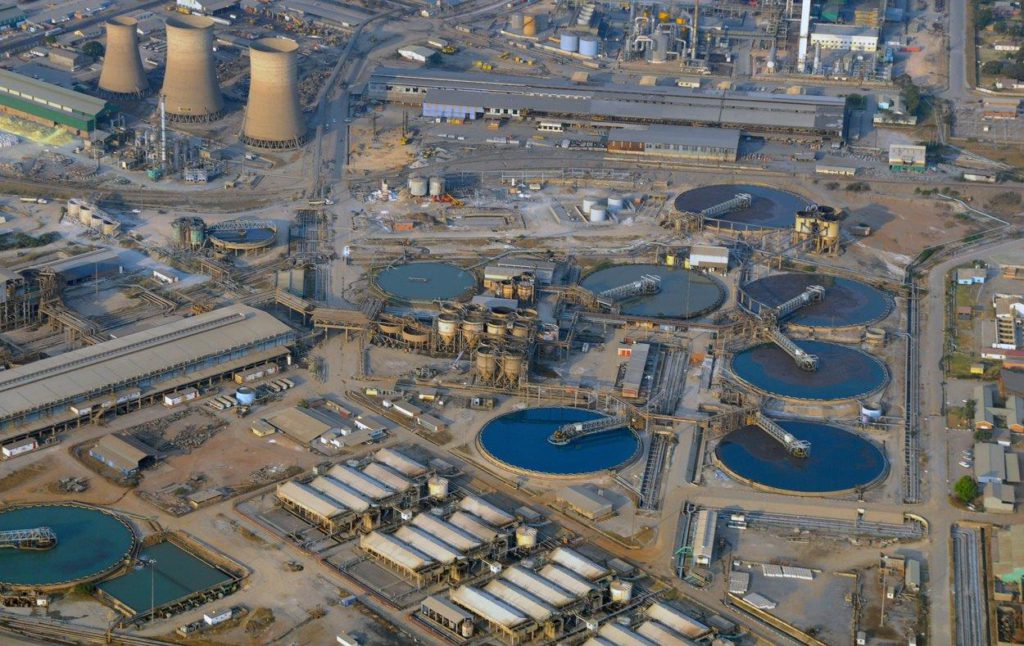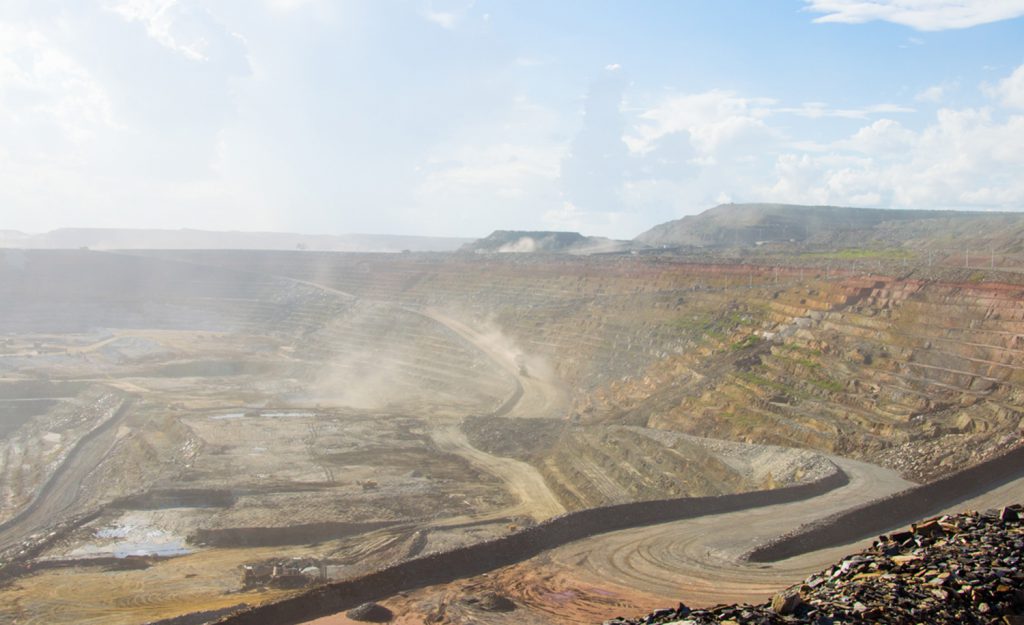Bloomberg News | July 19, 2024

Credit: Konkola Copper Mines
Vedanta Resources Ltd. has paid about $246 million to creditors to regain control of the Konkola Copper Mines in Zambia after about five years.

The payment paves the way for “imminent reinstatement” of Konkola’s board and return of full management control to Billionaire Anil Agarwal’s Vedanta, according to a statement. The mines in the African nation hold one of the largest high-grade copper deposits in the world, as well as cobalt reserves, according to Vedanta.
The metals and energy major plans to ramp up copper production from the mines to 300,000 tons a year and cobalt output to 6,000 tons.
Earlier, the company settled a long-standing dispute with the Zambian government after agreeing to clear debts owed to the mine’s creditors through a court approved plan last month. KCM was put into provisional liquidation after the previous government accused its owner of lying about expansion plans and paying too little tax.
Vedanta will turnaround the mines soon “as a world-class copper and cobalt asset that is well equipped with a smelter and a robust tailings leaching plant,” Chris Griffith, chief executive officer of Vedanta Base Metals, said in the statement.
Zambia confirmed the payment and expects an official handover of KCM back to Vedanta next week, Mines Minister Paul Kabuswe told reporters in the capital, Lusaka.
Agarwal, who is looking to reduce the parent company’s massive debt load, has pledged to invest $1 billion in the operation and double copper production, a move that could help shore up Zambia’s flagging copper output, which is expected to hit a 14-year low in 2023.
(By Akriti Sharma)
Zambia asks mines to curtail normal power use by 40% amid crunch
Bloomberg News | July 19, 2024 |

First Quantum’s Kansanshi copper mine (Credit: First Quantum Minerals)
Zambia has asked mining companies in Africa’s second-biggest copper producer to double their power-saving efforts to 40% of normal demand, as the worst drought in decades saps hydroelectric generation.

Zesco Ltd., the state power utility, requested operators to increase curtailments or source their own emergency power from this month, according to First Quantum Minerals Ltd., which accounts for more than half of Zambia’s copper output.
Zesco didn’t respond to a requst for comment.
Because First Quantum has managed to cover more than half of its normal power demand mostly from imports, that’s allowed for a reduced burden on the other mining customers to around 35%, Country Director Anthony Mukutuma said in an interview Thursday.
“That’s really our proactive way of making sure that we are set up better for the rest of the year,” he said, adding that the company is sourcing emergency electricity mainly from Namibia and Mozambique. “If things should get worse, that way we’ve still got our direct imports.”
While he declined to comment on whether the worsening power crisis would impact production — First Quantum in April it didn’t foresee any major interruptions — Mukutuma said sourcing more expensive power would add on average $0.06 per pound of copper to basic cash costs spread over 2024. That’s twice the impact the company saw in April.
Copper is crucial to Zambia. The industry generates about 70% of export earnings, so the government has sought to shield mines from the power crisis. Residential electricity users endure daily power cuts lasting at least 12 hours.
Production has so far been stable thanks to co-operation between the mining industry and the government, said Sokwani Chilembo, chief executive officer at the Zambia Chamber of Mines. So far, power imports from neighboring countries has helped prevent major disruptions, he said by phone Friday.
“We’d have to see how things roll out into the fourth quarter,” he said. “The regional arrangements are robust for now.”
First Quantum is also backing plans for private power companies to build renewable electricity projects in Zambia. The company plans to conclude a power-purchase agreement with a group including TotalEnergies SE for wind and solar projects that will produce a combined 430 megawatts by late 2027, Mukutuma said.
It also looking to partner with developers of 50 megawatts of hydropower projects in parts of Zambia away from existing plants to diversify risks, he said.
(By Matthew Hill)
No comments:
Post a Comment